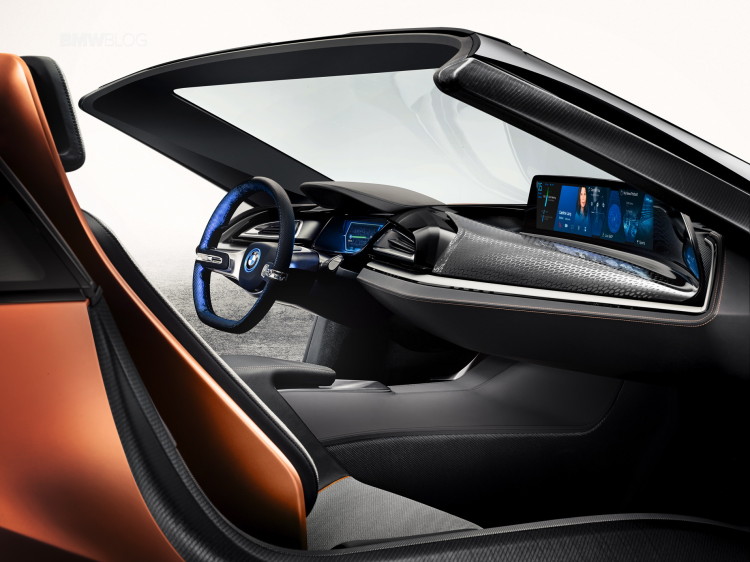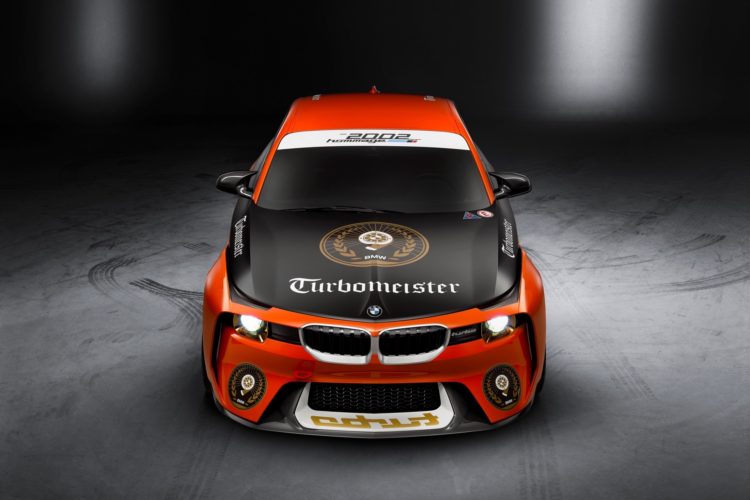If you expect the next 100 years of BMW to be anything like the previous 100 years, you’re going to be incredibly disappointed. In fact, it’s entirely possible that within the next ten years, our beloved Bavarian brand changes more than it has in its previous one hundred. At least BMW Sales and Marketing Chief, Ian Robertson, seems to think so.
“In our view the next 10 years are probably going to involve more change and more dynamics than we have seen in the last 100,” said Robertson last week at the Automotive News Europe Congress. “The challenge for us as an industry is: Don’t enjoy the warm water because it’s not going to end well.”
Coming from someone inside BMW, those are scary words for any BMW fan who’s hoping that the brand will continue to make small sports cars for the rest of its days. However, the increase in connectivity and smart devices within the past decade or so has caused a massive shift within BMW and the auto industry as a whole. “In 2003, there were 6.3 billion people and 500 million smartphones,” said Robertson. “What you see now is that very, very shortly we are now going to have four or five devices for every person on the planet — now that tells you something changed and changed very quickly.”

We recently spoke about how ride hailing and car sharing services will completely change the shape of the auto industry and cause the majority of people to actually stop owning cars and use more mobile services. BMW is even trying to get into this new game, to try and invest in a part of the industry that could compete with it in the future. So it’s no secret that these new companies, like Uber and Lyft, are starting to change the future of the automobile. “If you go to Silicon Valley, and I was there a couple of weeks ago, 50 percent of all the startups last year had some sort of mobility in their title — 50 percent. Many of them will crash and burn, but a few will come out the other side,” said Robertson.
Uber has already severely damaged the taxi industry, with cab companies protesting the world’s largest start up. “That business model is broken despite the fact that those of you who came by plane saw 50 taxis lined up outside Munich airport this morning. They are hoping it goes away, and it won’t.”
But it isn’t just taxi cab services, with car sharing and ride hailing services, the need for a personal automobile will go down severely and could seriously damage the auto industry as a whole. This is why car manufacturers must develop more connected and intelligent electric automobiles. While we probably still have about another decade or so of internal combustion and genuinely fun cars, expect drastic changes to follow soon after.
[Source: Automotive News]




































































